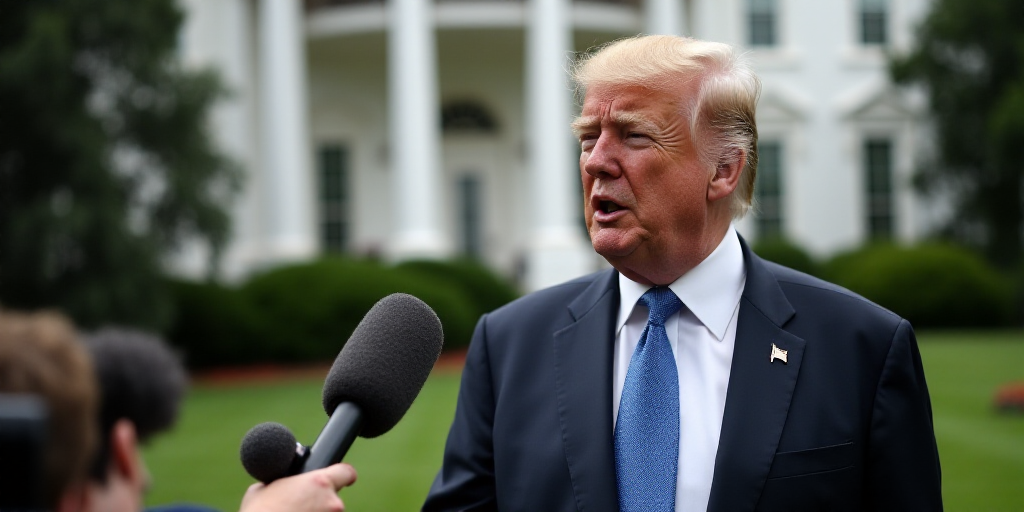Background on Donald Trump and His Relevance
Donald J. Trump served as the 45th President of the United States from January 20, 2017, to January 20, 2021. Known for his business background and reality TV fame, Trump brought a unique style to the White House. His presidency was marked by controversial policies, including trade tariffs on numerous countries.
Tariff Disputes and Legal Challenges
A federal court invalidated Trump’s “reciprocal tariffs” and those related to the “fentanyl emergency” on Wednesday, stating that he had overstepped his legal authority. The U.S. Court of International Trade (CIT) ordered the revocation of relevant executive orders and prohibited their enforcement, anticipating that U.S. Customs and Border Protection (CBP) would be instructed to stop collecting tariffs.
Trump Administration’s Plea for Tariff Suspension
Immediately following the ruling, the Trump administration urged an appellate court to suspend the decision and allow the tariff regime to remain in effect. This move was crucial, as administration lawyers argued that a negative decision would “weaken the President on the world stage, paralyze his ability to negotiate trade deals, and jeopardize the government’s capacity to respond to current and future national emergencies.”
Economic Advisor Kevin Hassett’s Confidence in Trade Negotiations
Kevin Hassett, then-Chairman of the Council of Economic Advisors under Trump, expressed confidence that the ruling would be overturned in an interview with Fox Business. He assured that the decision wouldn’t hinder new trade agreements, stating that countries would open their markets to U.S. products and reduce non-tariff barriers within a month or two.
Impact on Existing Trade Measures
It’s important to note that this ruling does not affect other existing trade measures, such as tariffs under Section 232 (steel, aluminum, automobiles, and auto parts), Section 301 (products originating from China), the General Rate, or anti-dumping and countervailing duties (AD/CVD). These tools remain available for Trump to adjust his tariff policy as he sees fit.
Key Questions and Answers
- What is the main issue at hand? The central concern is whether the Trump administration can maintain its tariffs on various countries, which they argue are essential for national security and trade negotiations.
- What did the federal court decide? The court invalidated Trump’s “reciprocal tariffs” and those related to the “fentanyl emergency,” stating that he had overstepped his legal authority.
- How did the Trump administration respond to the ruling? The administration requested an appellate court to suspend the decision and allow tariffs to remain in effect.
- What assurances were given regarding trade negotiations? Kevin Hassett, then-Chairman of the Council of Economic Advisors, expressed confidence that new trade agreements would proceed without significant disruption.
- Which existing trade measures are unaffected by this ruling? Tariffs under Section 232 (steel, aluminum, automobiles, and auto parts), Section 301 (products originating from China), the General Rate, and anti-dumping and countervailing duties (AD/CVD) remain unaffected.






